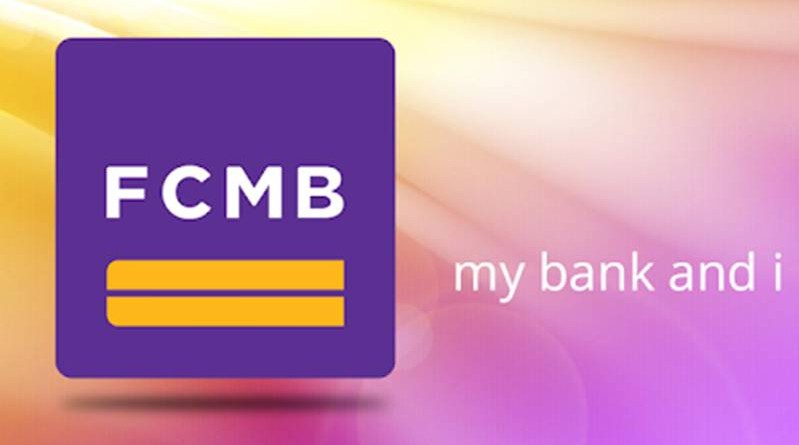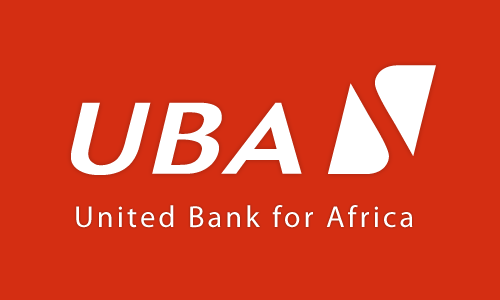The Nigerian banking sector is a critical component of the nation's economy, with several financial institutions playing pivotal roles in economic development. As we progress through 2024, understanding which banks hold the largest assets provides valuable insights into the stability and growth potential of the financial market.
This article gives details about the largest banks in Nigeria based on total assets in 2024, offering a detailed analysis of their asset portfolios and market influence. Whether you are an investor, a financial analyst, or simply interested in the banking sector, this comprehensive guide will keep you informed about the leading banks driving Nigeria's economic progress.
Read on to discover which banks are the largest banks in Nigeria based on total assets in 2024.
Largest Banks in Nigeria Based on Total Assets in 2024
Nigeria’s financial system is heavily influenced by banks, which wield significant economic influence and provide stability. The country’s financial sector has experienced remarkable growth, with 26 commercial banks holding combined assets of nearly N150 trillion.
When selecting a bank, its size is a crucial factor, as it determines the range of services offered and the extent of its physical presence. This consideration has led to the compilation of a list of the top 10 largest banks in Nigeria based on total assets in 2024, as well as their branch network in 2024.

Access Bank Plc is the top bank in Nigeria in terms of assets, with approximately N32.57 trillion in assets and 737 branches, 554 of which are located in Nigeria. The rest of the 183 locations of Access Bank are spread across the 20 nations where its subsidiaries operate. The assets of the bank’s African businesses combined are N5.76 trillion, while its Nigerian subsidiary holds N22.72 trillion in total assets.
The second-largest bank in Nigeria is United Bank for Africa (UBA) Plc, with total assets worth N25.37 trillion.
Though headquartered in 24 countries and maintaining over 1000 touch points, UBA has 451 branches scattered across the 36 states and Federal Capital Territory of Nigeria, with a staff strength of over 10,000 people, over 5,900 of whom work for UBA Nigeria.

Zenith Bank, launched in 1990 by Jim Ovia and the largest profit-generating bank in Nigeria, holds N24.28 trillion in total assets and is the third-largest bank in the country. Of this amount, N16.81 trillion comes from Zenith Bank Nigeria, and among the bank’s 447 branches, 397 are owned and operated by its Nigerian subsidiary. Overall, the bank’s subsidiaries provide services to nearly 33 million customers.

First Bank of Nigeria, a member of the FBN Holding Group, holds N16.9 trillion in assets and has a massive customer base of over 41 million individuals. The bank’s assets are spread across 595 branches, 144 Quick Service Points, and 86 foreign subsidiaries.
- ECOBANK

Ecobank Nigeria, a subsidiary of Ecobank Transnational Incorporated (ETI) Plc has a net worth of N10.37 trillion. It has 273 branches and 541 ATMs, and its parent company has branches spread across 32 sub-Saharan nations, including Togo, Nigeria, Ghana, Cote d’Ivoire, and Benin.
- GUARANTY TRUST BANK (GTB)

GT Bank Nigeria Limited, a subsidiary of Grant Trust Holding Company (GTCO) has N8.79 trillion in assets and is the sixth-largest bank in Nigeria. It operates about 270 branches, including 237 bank branches and 33 eBranches.
- FIDELITY BANK

Fidelity Bank Plc started as a merchant banking license firm in 1988 before switching to a commercial bank in 1999. It is the seventh-largest bank in Nigeria with a total asset worth of N6.23 trillion and 249 branches across Nigeria and one branch in the UK.
- STANBIC BANK

Stanbic IBTC Bank, a division of Stanbic IBTC Holdings and a member of the Standard Bank Group, has a total asset value of N4.974 trillion in Nigeria, and operates with about 130 branches nationwide.
With a reputation for technological advancement, Stanbic IBTC Bank has a network of 814 ATMs and is held entirely by Stanbic IBTC Holdings Plc, which is a subsidiary of the Standard Bank Group, with 67.55% control by Stanbic Africa Holdings Limited.
- FIRST CITY MONUMENT BANK (FCMB)

First City Monument Bank Limited (FCMB), a subsidiary of the FCMB Group, is the ninth largest bank in Nigeria with a total asset size of N3.78 trillion and a presence in 203 locations across all 36 states. Established in 1982 by Otunba Subomi Balogun, FCMB has approximately 8.7 million customers in Nigeria
- UNION BANK

Union Bank of Nigeria, which was founded in 1917, has a total asset value of approximately N3.65 trillion. As the second oldest bank in Nigeria, Union Bank operates with around 258 branches and cash centres across the country and serves an active customer base of about 7.8 million customers.
The Takeaway
In summary, the largest banks in Nigeria based on total assets in 2024 showcase the strength and resilience of the country's financial sector. These banks, with their vast asset portfolios, not only drive economic growth but also provide critical support for businesses and individuals alike.
By understanding which institutions hold the top positions, you can make more informed financial decisions and gain insights into the dynamics of Nigeria's banking industry. As you consider your banking options, let this list of the largest banks in Nigeria based on total assets in 2024 guide you towards stability, security, and robust financial services.
Stay updated with the latest financial trends and make the best choices for your economic future.


